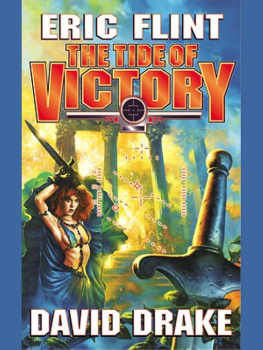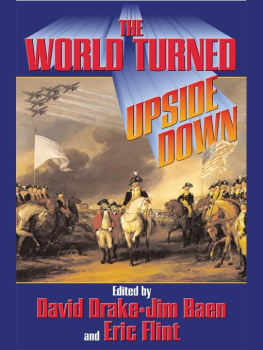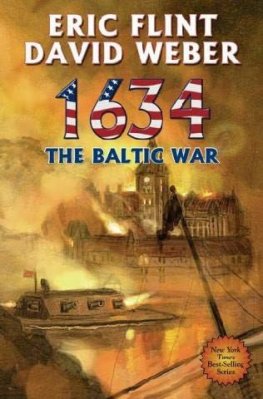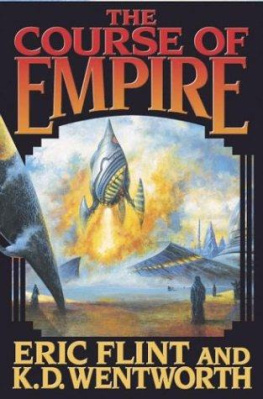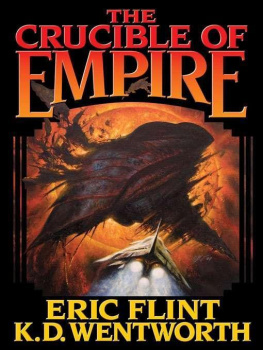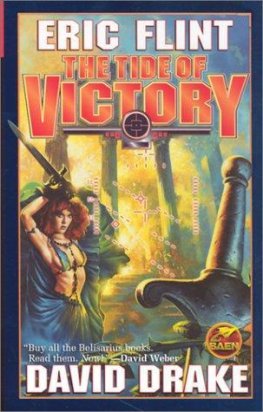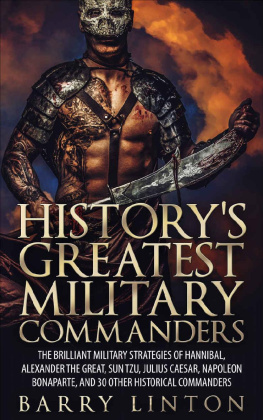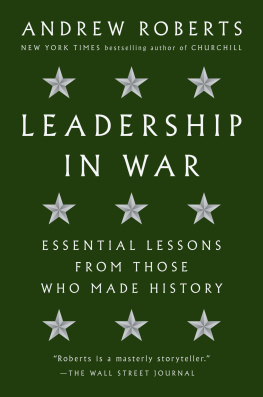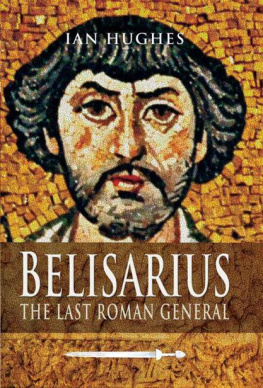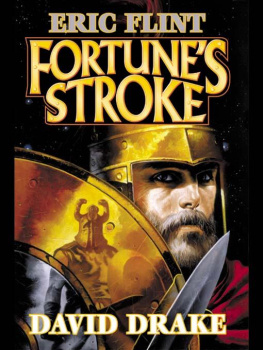Chapter 29
SUKKUR
Autumn, 533 a.d.
When Belisarius first heard the guns roaring at Sukkur, he felt a great sense of relief. Granted, Abbu's scouts had already reported that the Roman and Persian forces at Sukkur were holding back the Malwa besieging the city. Still, there was nothing quite as comforting as hearing the sound of those Roman cannons himself.
Even at a distanceSukkur and the Indus were still a mile awayhe could tell the difference in the sound between the Roman and the Malwa guns. The difference, ironically, was not in the guns themselves. Most of the siege guns which Belisarius had brought with him to the Indusand all of the forty-eight-pounderswere Malwa in origin. Belisarius and the Persians had captured them in Mesopotamia the year before. But the Roman powder was uniformly "corned" powder, whereas the Malwa often used the older "serpentine" powder.
Here, as in many areas, the Malwa were handicapped by their sluggish economya handicap which was inevitable, given their insistence on maintaining rigid caste distinctions. The enemy had corned powder, but not enough of it to keep all their units supplied through a long battle or siege. Just as they were perfectly capable of making horseshoes and the new harnesses for draft animalsbut, making them without replacing caste handicraft methods by the "industrial" system the Romans had adopted, they weren't able to supply enough for their entire army. Where every single one of Belisarius' cavalryman rode a shod horse, and all of his supply train animals used the new harnesses instead of the old collars, at least half of the Malwa army was not so equipped.
With large, small-number items like cannons or even muskets, the Malwa could compensate for their more primitive methods by substituting a mass of production. Even workers using older methods, remaining within caste boundaries, could produce a lot of such itemsgiven that enough of them were put to work on the projects. Where the Malwa's reactionary fanaticism tended to really show up was in their inability to mass produce small and cheap items like horseshoes and large quantities of corned powder.
What pleased Belisarius the most, listening, was the comparative rate of fire. The Malwa were firing volleys, where Ashot's guns were firing individually. Under some circumstances, that would have concerned Belisarius. A volley was more effective in breaking a charge than uncoordinated fire. But Ashot knew that as well as anyone, and the fact that he was allowing his gun crews to set their own pace meant that he was not repelling any assaults. He was simply engaged in an artillery duel.
"Good," grunted Maurice, who had reached the same conclusion. The chiliarch leaned back in his saddle. "We're still in time, then."
He scanned the surrounding area, his gray beard bristling. "Which is a good thing, since this little part of your plan came all to pieces. Greedy damn Greeks!"
Belisarius' jaws tightened a little. He shared Maurice's anger at the indiscipline of the Greek cataphracts, and had every intention of chewing on Sittas' ear about it. But...
He sighed heavily. "I suppose it couldn't have been avoided." His eyes moved to the right, where what was left of Rohri was being plundered by Sittas' Constantinople cataphracts. Then, with considerably greater satisfaction, moved on to examine the ordered ranks of his Thracian bucellarii and the Greeks who were under the command of Cyril.
The "old Greeks," as they were called by the rest of Belisarius' troops, were the cataphracts who had served with Belisarius in Mesopotamia. Along with the Thracians and the field artillery, they were almost back in formation after the assault which took Rohri. Belisarius would be able to resume his advance with them within the hour.
The others...
"Leave them to it," he growled. "I'll have words with Sittas later. Not fair to him, really, since he's been doing his best to rein them in. But he'll take out his anger at getting reprimanded on his own troops. All the better. Sittas will gore them worse than I would, with his temper up."
Maurice nodded, stroking his beard. "Then, after Sittas rages at them, you can give them a calm little speech about the need for disciplineif we're to win this campaign and get ten times more in the way of booty than this piddly little river town provides."
"Bound to happen, I suppose," repeated Belisarius. "They've been complaining for weeks about the lack of booty. As if our men last year just walked into a treasure room without fighting for months!"
"Well, look on the bright side. The Greeks paid for it, well enough."
Maurice's words didn't bring Belisarius much in the way of satisfaction. True, the enthusiastic assault of Sittas' cataphracts had overwhelmed the Malwa garrison in Rohri, far quicker than Belisarius could have done with the siegecraft he had been planning to use. And, true also, had thereby gained him more precious days in which to continue outmaneuvering the enemy.
But the cost had been steep. At a rough estimate, he had lost a thousand cataphracts in that pell-melland completely impromptucharge. And he knew he would lose as many afterward to wounds suffered in the course of taking the city. As always, war had been an unpredictable mistress. Gain something, lose something, then shift plans accordingly.
There was no point dwelling on it. And there was this much to be said: at least the "Greek fury" was not producing the atrocities against native civilians which usually accompanied the uncontrolled sacking of a city. Not because the Greeks were restraining themselvesthey had already put the entire Malwa garrison to the sword, refusing any and all attempts at surrenderbut simply because there were no civilians left in Rohri. The Malwa garrison had already massacred them.
"It's insane," snarled Belisarius. "The Malwa are still carrying out their orders long after the situation which called for those orders has changed. No point in a scorched earth policy in the Sind now. We're already at the gates of the Punjab. They ought to be corralling the populace in order to use them for a labor force themselves."
Half-gloomily, half with philosophical satisfaction, he studied the ruins of Rohri's outer fortifications. The only reason the first charge of the Greek cataphracts had broken through, for all its headlong vigor, was that the fortifications had not been completed before the Roman army arrived unexpectedly from the south. The civilians who could have finished the work were dead before it got well underway.
"Insane," he repeated. Then, shaking his head, looked away and studied the terrain ahead. What was done was done.
"Send a courier to Sittas and tell him to follow us whenever he can get those maniacs back under control. If we wait here for them, we'll lose the initiative. I think, judging from Abbu's report and the sound of those guns, that if we move now we can take the good ground on the south bank."
Maurice nodded, summoned a courier, and gave him the necessary commands. By the time that was done, Belisarius had already set his army into motion.
What was left of it, at least, with the Greek cataphracts now out of action for a time. So, the army which finally reached the bank of the Indus across from Sukkur was the smallest Belisarius had led in years. Three thousand of his own bucellarii, two thousand of Cyril's men, several thousand Arab and Syrian light cavalry, two thousand artillerymenand, fortunately, Felix's five hundred sharpshooter dragoons.
Which rump of a rump army was what made the difference, in the end. Because by the time Belisarius and his army reached the south bank, the Malwa commander of the great army besieging Sukkur across the river had already sent thousands of his men across the Indus to relieve the garrison under attack in Rohri.

